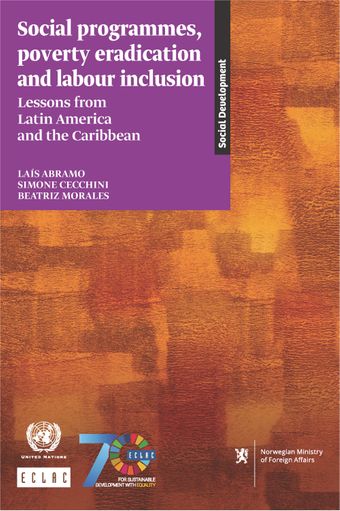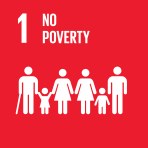Social Programmes, Poverty Eradication and Labour Inclusion
Lessons from Latin America and the Caribbean

Abstract
Diverse social programmes —including conditional cash transfer programmes, labour and production inclusion programmes and social pensions—are being implemented in Latin American and Caribbean countries with the aim of ending poverty and reducing inequalities throughout the life cycle. This book offers an up-to-date analysis of these programmes and the way they relate to labour inclusion, and analyses ongoing debates regarding the possible incentives and disincentives they create in terms of the labour supply, formalization and child labour among the target population. Considering that poverty is a structural problem of highly unequal societies, the thesis that poverty is due to a lack of effort on the part of the poor is argued to be an expression of the strong prejudice against those living in poverty, the great majority of whom work or are actively seeking employment, but are hampered by the large decent work deficits existing in the region. From an integrated and rights-based perspective, public policies should simultaneously address the twofold challenge of social and labour inclusion in order to achieve basic thresholds of well-being by ensuring income, universal access to good-quality social services and opportunities for decent work.



